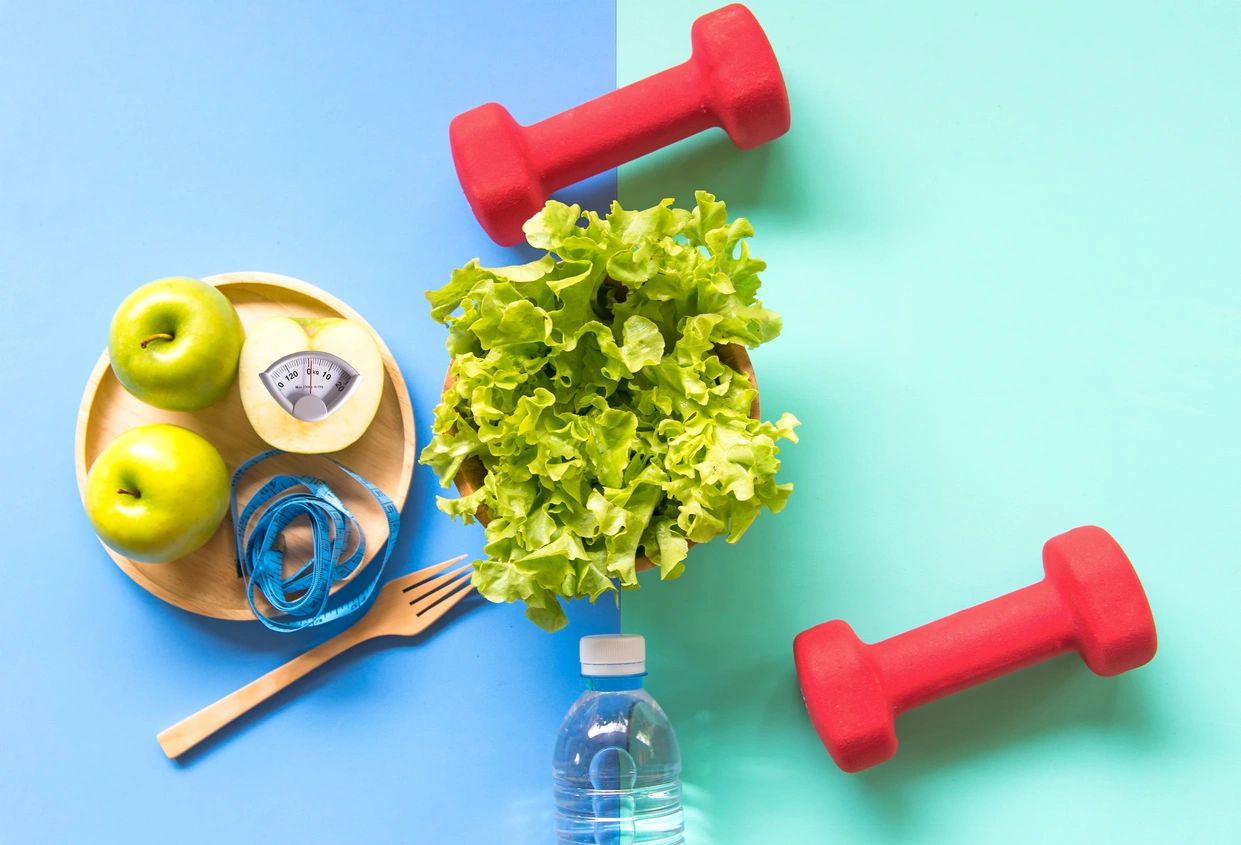Introduction: Understanding Nutrition’s Vital Role in Fitness
For anyone committed to reaching their peak fitness potential, understanding the role of nutrition is crucial. Nutrition is more than just a complement to physical training—it is the cornerstone that underpins performance, recovery, and overall progress. The right nutritional choices fuel your body, support muscle repair, and maximize exercise performance. Without it, even the most meticulously planned workouts can fall short of their intended results.
The Connection Between Nutrition and Exercise Performance
The food you consume directly impacts your energy levels and endurance during workouts. Carbohydrates act as your body’s primary energy source, converting into glycogen stored in the muscles and liver. During high-intensity activities, these glycogen reserves are tapped to power you through each rep and sprint. On the other hand, proteins provide the building blocks for muscle repair and growth, ensuring that your training results in strength gains and not just fatigue. Healthy fats also play a role by supplying sustained energy and supporting cellular health.
Balancing macronutrients isn’t just a guideline; it’s an essential strategy for anyone serious about performance.
Pre-Workout Nutrition: What to Eat for Optimal Energy
Eating the right foods before a workout can set the stage for a successful training session. Ideally, a balanced pre-workout meal should be consumed about 2-3 hours before exercising and should include complex carbohydrates, lean proteins, and a bit of healthy fat. Options such as oatmeal topped with banana slices and a spoonful of almond butter, or grilled chicken with brown rice and steamed vegetables, can provide steady energy and prevent mid-workout slumps.
For those on the go, quick solutions like a banana paired with peanut butter or a protein smoothie can deliver a convenient energy boost. Remember, pre-workout nutrition isn’t only about what you eat but also when you eat. Eating too close to a workout can cause discomfort while eating too early might leave you feeling low on energy.
Post-Workout Nutrition: The Importance of Recovery Meals
Recovery is when your body makes the most significant gains, so post-workout nutrition is vital. After exercising, your muscles are primed to absorb nutrients to kickstart the repair and growth processes. A post-workout meal rich in protein supports muscle synthesis, while carbohydrates replenish the depleted glycogen stores.
Consuming meals like a grilled salmon salad with quinoa or a protein shake blended with fruits and a dash of chia seeds within an hour after your workout can be ideal. Don’t overlook the importance of micronutrients as well; leafy greens and vegetables can provide vitamins and antioxidants that reduce muscle inflammation and promote faster recovery.
Hydration: The Often Overlooked Key to Performance
Water is a fundamental component of nutrition that athletes and fitness enthusiasts sometimes underestimate. Proper hydration aids in temperature regulation, joint lubrication, and nutrient transport, all of which are essential for optimal performance. Even slight dehydration can lead to decreased strength, endurance, and cognitive function during workouts.
Consider hydrating with water, electrolyte-infused drinks, or coconut water for natural electrolytes to keep your energy levels stable.
Nutrient Timing: Does When You Eat Matter?
Nutrient timing refers to strategically planning when you eat to maximize the benefits of your diet. While it may not be as critical for the average gym-goer, athletes and those focusing on performance can gain a competitive edge. Eating a protein-rich meal within 30 minutes post-exercise, often known as the “anabolic window,” can help boost muscle protein synthesis. Spacing out meals to maintain energy levels throughout the day and fueling up every 3-4 hours ensures that your body has the consistent nutrients needed for performance and recovery.
The Best Foods to Support Your Fitness Goals
Whole foods packed with nutrients are essential for anyone aiming to optimize their fitness regimen. Incorporating lean proteins such as chicken, turkey, and fish supports muscle repair and growth. Complex carbohydrates like sweet potatoes, oats, and whole grains sustain energy levels, while healthy fats from sources like avocados and olive oil provide long-term fuel. Including a variety of colorful vegetables ensures you get essential vitamins, minerals, and antioxidants.
Common Nutrition Mistakes That Hinder Progress
Many fitness enthusiasts fall into common pitfalls, such as overly restrictive dieting, which can deprive the body of necessary nutrients and slow down progress. Skipping meals, ignoring the importance of post-workout nutrition, or over-relying on supplements instead of whole foods can also limit results. Balancing macronutrients, hydrating adequately, and avoiding processed foods are key steps toward effective nutrition for fitness.
Summary
Nutrition and fitness go hand in hand, each amplifying the benefits of the other. By prioritizing nutrient-dense foods, timing your meals strategically, and hydrating properly, you can enhance workout performance, speed up recovery, and achieve your fitness goals more efficiently. The path to success lies in understanding that fueling your body is just as important as the time you spend training it.
Please like, comment, and share this article if you found it helpful and
informative.
Visit https://bigtownbulletin.com if you would like to see more of this content.
Please like, comment, and share this article if you found it helpful and
informative.
For more news check out Big Town Bulletin News
For more from Big Town Bulletin check out Big Town Bulletin


